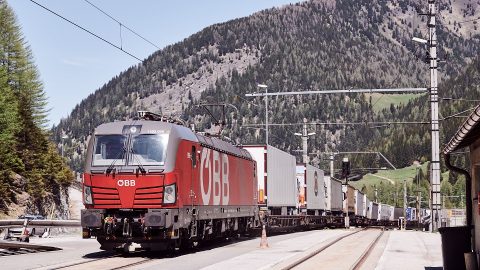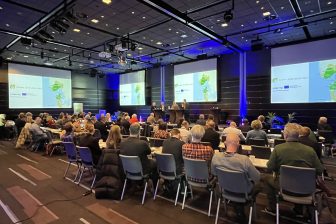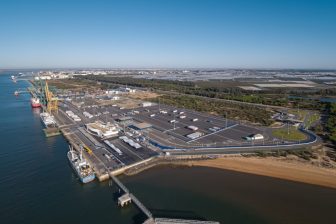
RCG’s Wörgl-Trento ROLA service goes daily
ROLA train of Rail Cargo Group, source: Rail Cargo Group
After some complete suspension periods, Rail Cargo Group’s Rolling Road (ROLA) service between Wörgl in Austria and Trento in Northern Italy is getting back on tracks with six weekly roundtrips. Travelling through the Trans-Alpine Brenner Pass, the service will keep contributing to cargo’s modal shift from road to rail in the vulnerable Tyrol area.
Do you want to read the full article?
Thank you for visiting RailFreight.com. Become a member of RailFreight Premium and get full access to all our premium content.
Are you already a member?
Having problems logging in? Call +31(0)10 280 1000 or send an email to customerdesk@promedia.nl.




